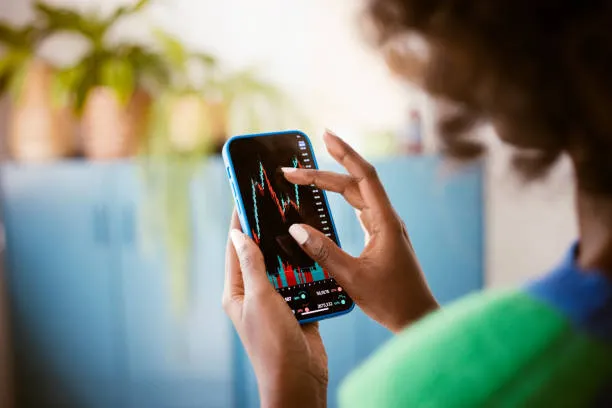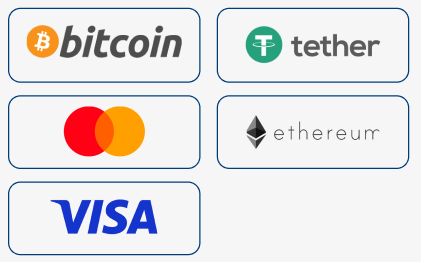Traders across the globe understand that trading is not just about strategies and analysis; it’s equally about the psychological aspect. Psychology plays a crucial role in trading, especially in volatile markets like FOREX. Trader confidence and mindset are the bedrock upon which successful trading strategies are built. In this article, we will delve into the importance of trading psychology, methods to bolster trader confidence, and how to maintain a positive investor sentiment amidst the market’s ups and downs.
The Importance of Trading Psychology
Trading psychology refers to the emotions and mental state that influence traders’ decisions. A trader’s mindset can be the difference between success and failure. Emotions like fear, greed, and hope can lead to impulsive decisions, overtrading, or holding onto losing positions for too long. Understanding and managing these emotions are key to improving trader confidence and overall performance.
Emotions in Trading
The financial markets often reflect the collective emotions of the trader community. When traders are fearful, markets can plummet, whereas markets can soar on a wave of optimism and greed. These emotions can cloud judgment and lead to decisions that deviate from a well-thought-out trading plan.
The Impact of Overconfidence
While confidence is necessary, overconfidence can be detrimental in trading. Overconfident traders may take on excessive risk or ignore warning signs, leading to significant losses. Recognizing the thin line between confidence and overconfidence is an integral part of a trader’s psychological development.
Building Trader Confidence
Confidence is not innate; it’s built through experience, education, and a positive mindset. Here’s how traders can work on boosting their confidence:
Develop a Solid Trading Plan
A well-structured trading plan acts as a roadmap for traders. It includes entry and exit strategies, risk management rules, and criteria for choosing trades. Sticking to this plan can reduce emotional decision-making and build confidence in your trading decisions.
Continuous Education and Practice
Trading is a skill that can be honed through continuous education and practice. Utilize demo accounts to practice strategies without risking real money. Stay updated with the latest market trends and trading tools. Education reinforces confidence by ensuring that your trading decisions are informed and deliberate.
Learn from Losses
Losses are an inevitable part of trading. Rather than allowing them to erode your confidence, view them as learning opportunities. Analyze what went wrong and adjust your strategies accordingly. This approach can help build resilience and a more robust trading mindset.
Maintaining a Positive Investor Sentiment
Investor sentiment is the overall attitude of investors toward a particular market or asset. Maintaining a positive sentiment is crucial for long-term success in trading.
Stay Informed
Knowledge is power in the world of trading. By staying informed about economic events, market news, and technical indicators, traders can make more rational decisions that contribute to a positive sentiment.
Manage Risk Effectively
Effective risk management is essential for maintaining confidence and a positive sentiment. Utilize stop-loss orders and only risk a small percentage of your trading capital on each trade. This strategy can help minimize losses and keep negative emotions at bay.
Keep Emotions in Check
Develop techniques to keep emotions in check, such as meditation, regular breaks, and keeping a trading journal. Reflecting on your trades and emotional state can help identify patterns that may affect your investor sentiment.
The Role of Mindset in Trading Success
A trader’s mindset is the foundation of their trading practice. It encompasses their beliefs, attitudes, and biases. Here are some aspects of mindset that traders need to focus on:
Embracing the Probabilistic Nature of Trading
Trading is not about certainties; it’s about probabilities. Embrace the probabilistic nature of the markets and understand that not every trade will be a winner. This mindset can help traders to accept losses and maintain confidence in their overall strategy.
The Power of Patience
Patience is a virtue in trading. Rushing into trades or constantly looking for action can lead to mistakes. Patience helps traders wait for the right opportunities and execute trades at the most opportune moments.
Cultivating Discipline
Discipline is key to following your trading plan and avoiding impulsive decisions. Cultivate discipline by setting clear rules for your trading and adhering to them, even when emotions run high.
Strategies for Improving Trading Mindset
Improving your trading mindset is a continuous process. Here are some strategies to help you along the way:
Set Realistic Goals
Setting realistic and achievable goals can help maintain focus and motivation. Ensure that your goals are specific, measurable, and time-bound. Celebrate small victories along the way to keep your confidence levels high.
Create a Supportive Trading Environment
The environment in which you trade can significantly impact your mindset. Create a trading space that is free from distractions and conducive to focus. Also, consider joining trading communities or forums to exchange ideas and experiences with other traders.
Keep Physical and Mental Health in Check
Physical health and mental well-being are closely linked. Regular exercise, proper nutrition, and adequate rest can improve focus and emotional stability, contributing to a better trading mindset.
Conclusion: The Journey to Trading Mastery
Trading psychology, trader confidence, and investor sentiment are as crucial to trading success as any technical analysis or trading system. By understanding the psychological aspects of trading, developing a solid trading plan, and maintaining a positive mindset, traders can navigate the FOREX market with greater assurance and effectiveness.
Remember, trading mastery is a journey that involves continuous learning, discipline, and self-improvement. Focus on developing a robust psychological framework, and you’ll be better equipped to handle the challenges and capitalize on the opportunities that the trading world presents.







